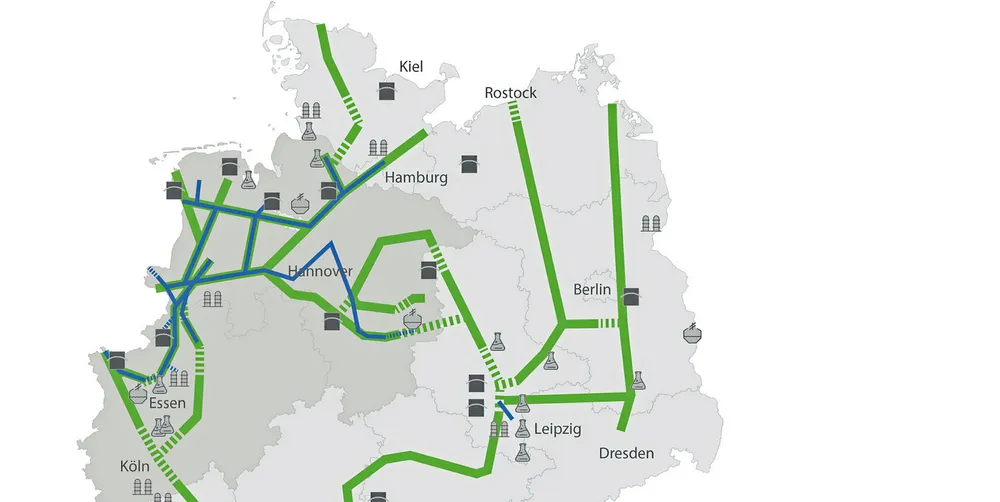German pipeline operators present plan for world’s largest hydrogen grid
The plan to build a 1,200 kms hydrogen grid by 2030 would mostly be based on converted former natural gas pipelines

The plan to build a 1,200 kms hydrogen grid by 2030 would mostly be based on converted former natural gas pipelines
